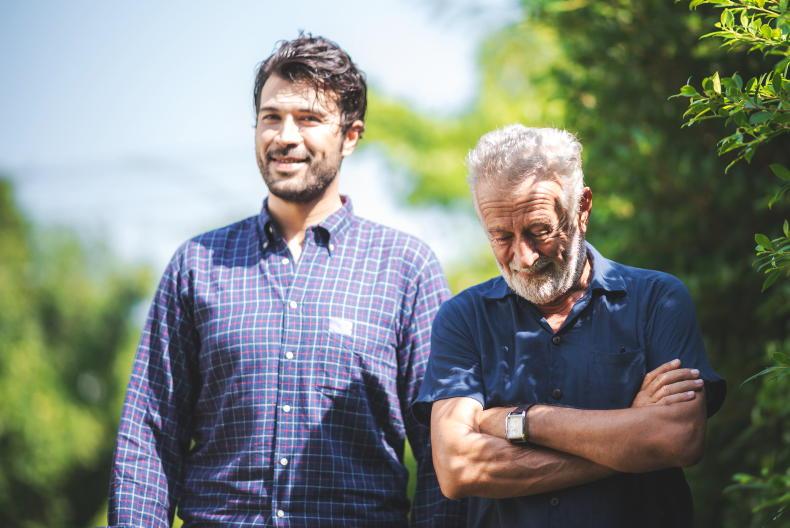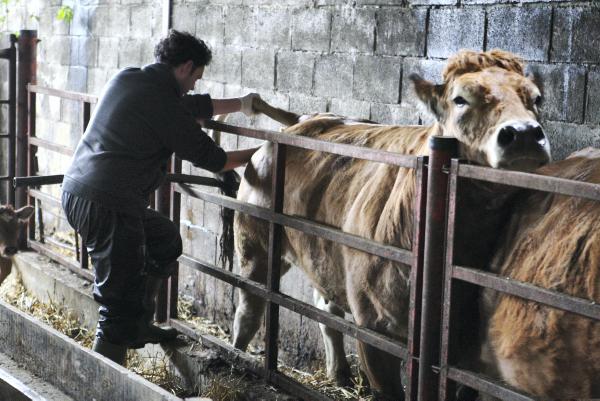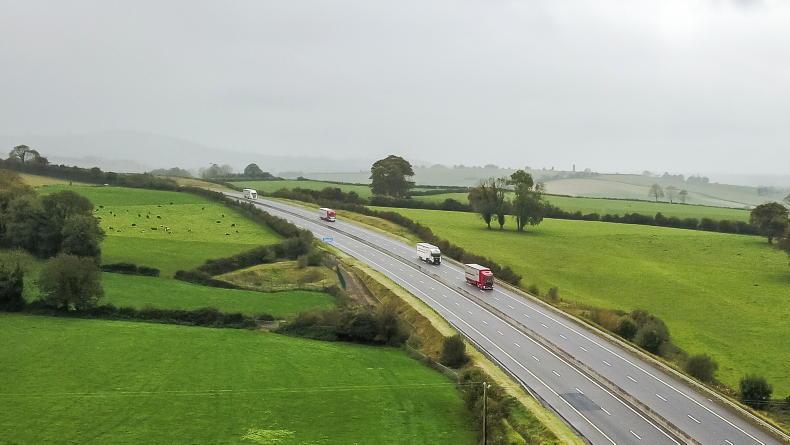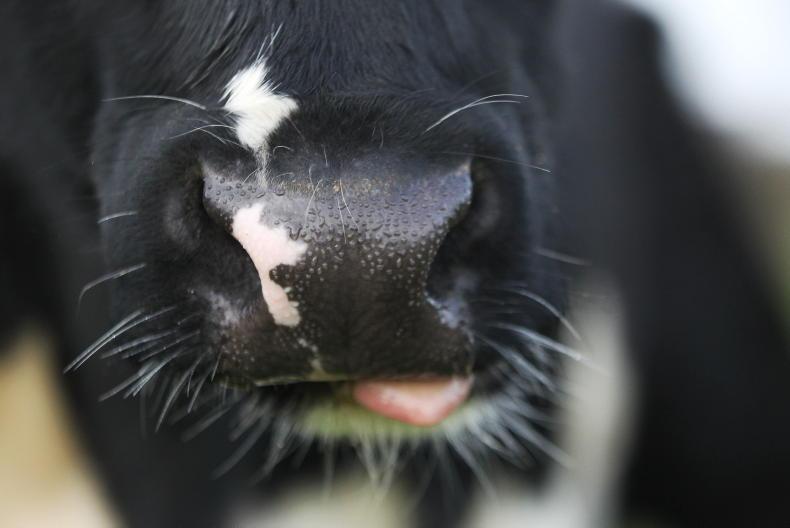Ten years ago Stephen Withers found that his farm was at somewhat of a crossroads. Running an arable, beef and sheep farm in the Borders, Stephen was approaching his 60s, his wife had hurt her back and he did not have a successor identified.
“My wife did a lot of the sheep work and when she hurt her back she couldn’t drive a car or anything,” he told Farmers Journal Scotland. “I was getting up to 60 and the sheep were getting harder to catch. Really the farm needed sheep and we didn’t have enough of them to pay a shepherd.”
The solution? He decided to find a partner to run the sheep business so he could concentrate on the beef and arable.
“I was going to put an advert in the paper but then my wife mentioned Neil who had worked for me previously. We knew he was self-employed and either working really hard or with nothing to do. So we offered him a partnership. I looked at all the figures and said that someone could probably make a living out of the sheep but not full-time.”
It was a big step for Neil Sandilands who had worked for Stephen for a decade before leaving to become self-employed. While Neil’s father and grandfather were sheep farmers, the farm was no longer in the family so this was his opportunity to get into farming.
“Took me a while to get my head round it all. Stephen was putting so much in and all I had to put in was my time,” Neil said. “That’s all I had to lose. I was worried about it going wrong and building up a debt I wouldn’t be able to pay for. But Stephen pointed out that I had no money so they couldn’t take any from me. He was taking the whole risk financially.”
Solicitor
A solicitor was employed to draw up an agreement between the two parties. The sheep business and all related ancillary equipment were put into the partnership and a separate bank account created for it. The partnership also has use of Stephen’s buildings and land.
“Under the terms of the agreement I do have the final say, but Neil basically runs the sheep enterprise. The land that I own is rotated with the arable. We plough up 40-50ac/year and reseeed. The partnership has use of that fresh grass,” Stephen said. “It still works within the whole farming set-up. We try to keep the balance about the same so there’s always the same amount of grass on the farm.”
Within a short space of time the opportunity came up to double sheep numbers as land became available nearby to rent. It is also now employing the equivalent of half a labour unit per year as extra help is needed for lambing. However, for Neil, his plan is that the partnership will be able to afford to buy land in the future.
The threat of Brexit to the Scottish sheep industry is a concern for the business and it’s something that Stephen and Neil are very conscious of.
“We have to farm the land to the max capacity at the moment and then if there is a problem with Brexit, we can draw it back a little bit,” Stephen said. “But if we are not farming a max to start with then there’s nothing on the bones. Two thousand ewes is absolute max and if there is a problem we can cut back to keep it ticking over for three or four years.”
What are the benefits of a partnership like this?
Stephen said: “If Neil wanted to borrow money the banks wouldn’t look at him. But because I’ve got security then they will. To me that’s not right because Neil is still running it and doing all the work. There’s a lot of barriers for young people trying to get into farming, but it all boils down to capital.
“The sheep enterprise is making quite good profits because it’s not paying any rent and doesn’t have to fund any machines as it has use of mine.
“There’s quite a lot of advantages for me. The farm is still expanding, normally when you get into your 60s you see a lot of farms that stand still or go backwards and get run down. I don’t know what would have happened if we didn’t start this because I couldn’t do it all.
“Neil is a shepherd I was just a farmer that owned sheep. We don’t have any tenancy or employment rules to bother with.”
Neil said: “I think there is more room for this kind of arrangement to work but you need to find the right farmer first of all and then the right person to take it on. There has to be a huge amount of trust between you.
“I see Stephen most days but I could go a week without seeing him. He knows everything is getting done and I know that he knows that too. He does all the accounts and pays the bills.
“There’s a lot of farmers that wouldn’t be able to stand back and let you get on with it like Stephen has done with me. They’d be breathing down your neck. It’s given me the ability to do what I want. I can come and go as I please.”









SHARING OPTIONS